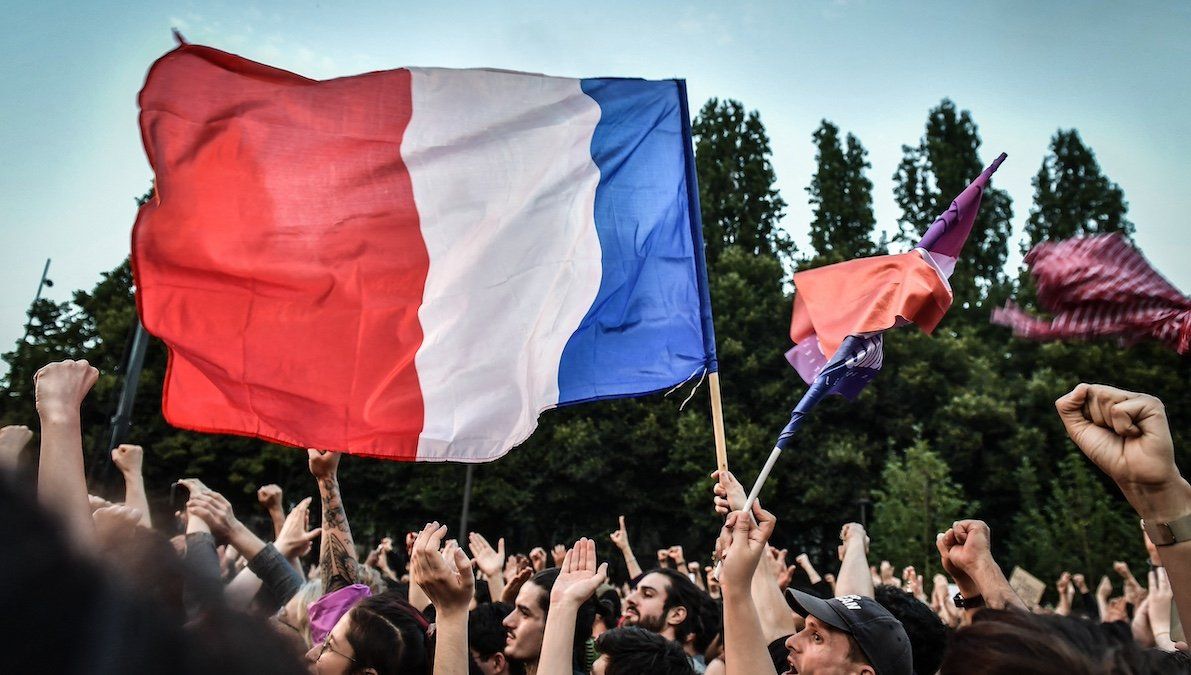The New Popular Front won 182 seats in France’s National Assembly and became the largest party in a shock result from Sunday’s second-round vote, but no party has the numbers to form a governing majority.
Voter turnout was at its highest level in a generation – with the electorate likely spurred on by the far-right National Rally party, aka RN, coming in first last weekend. On Sunday, the RN fell far short of expectations, placing third with 143 seats. But fear of Marine Le Pen’s party did not drive support for Emmanuel Macron’s centrists, as it did in 2022 and 2017 — voters found a way to deny her a government while punishing the deeply unpopular president at the same time. Macron’s party lost seats despite coming in second at 163 seats, and Prime Minister Gabriel Attal offered his resignation.
What happens now? The NFP itself is a deeply unstable alliance of necessity, with bitter rivalries between the leaders of its constituent parties. It’s hard to imagine them staying together, but Macron is likely to try to form a “Rainbow Coalition” of centrists and leftists to govern with full powers. He’ll have to make major policy compromises to keep it together.
Failing that, Macron can implement a caretaker government with more limited authority until he can call another snap election in 12 months.
“France now faces a period of deep, political confusion which could be exploited by Le Pen,” says Eurasia Group’s Mujtaba Rahman. “The other squabbling, political forces of left, right, and center will struggle to agree on anything in the months ahead to soften the French electorate’s anger or anxieties about immigration, the cost of living, public services, or the exploding budget deficit.”